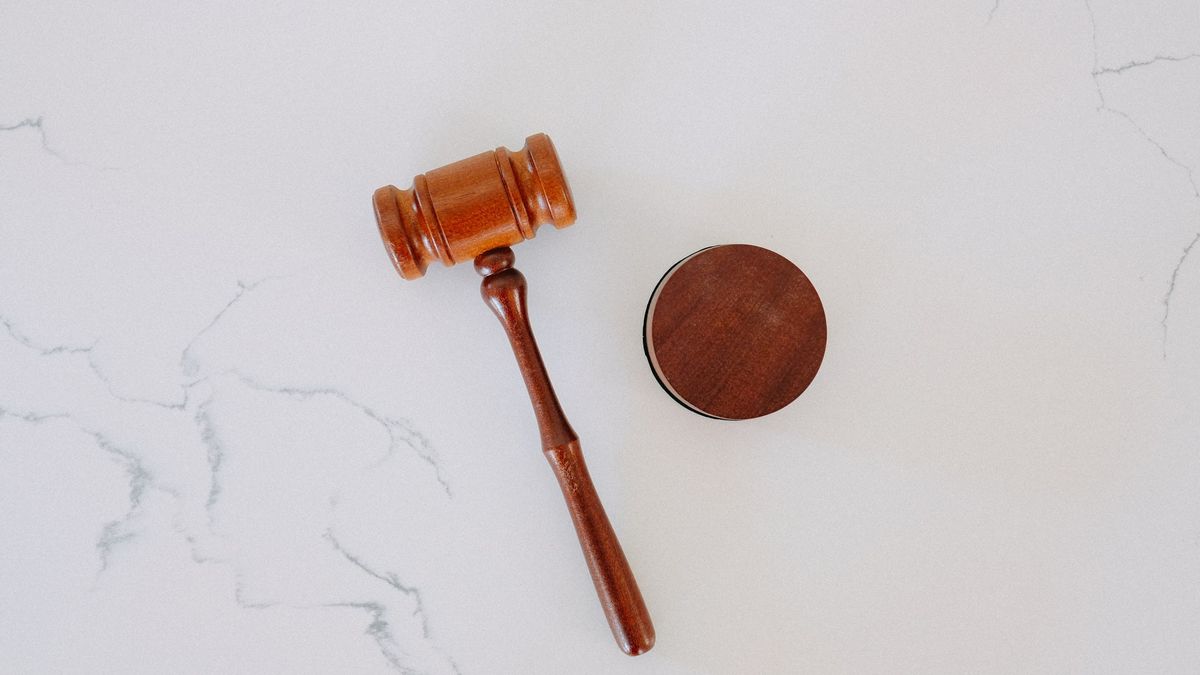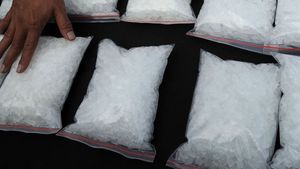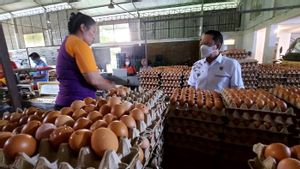JAKARTA - Indonesia Corruption Watch (ICW) researcher Kurnia Ramadhana assessed that the decision of the Supreme Court (MA) to revoke and cancel Government Regulation (PP) Number 99 of 2012 concerning Terms and Procedures for the Implementation of the Rights of Correctional Inmates is worrying.
He assessed that the consideration of the panel of judges to revoke and cancel the regulation was in line with the government's bad intention to relax the granting of remissions to convicts in corruption cases.
"The Supreme Court's decision is increasingly worrying, especially the considerations of the panel of judges are also in line with the government's bad intention to relax the granting of remissions to corruptors," said Kurnia in a written statement, Saturday, October 30.
He then explained that there are three major points that are important to note regarding the decision to cancel PP No. 9 of 2012.
First, ICW considers the Supreme Court (MA) to be inconsistent with its own decision because the decisions Number 51 P/HUM/2013 and Number 63 P/HUM/2015 have explicitly stated that the difference in terms of granting remission is a logical consequence of the differences in the character of the type of crime, the nature of the danger. , and the impact of the crime committed by a convict.
"Both views of the Supreme Court judges who considered that the tightening of remission conditions were not in accordance with the restorative justice model were also wrong," said Kurnia.
According to him, the meaning of the restorative justice model is the granting of remissions, not the conditions for its tightening.
"Conceptually, granting remissions has become the right of every convict and has been guaranteed by the Correctional Law," said the anti-corruption activist.
"While the tightened conditions for granting remissions focus on the deterrent effect for convicts with special types of crimes, one of which is corruption. In other words, the Supreme Court is trying to equate the crime of corruption with other types of general crimes," added Kurnia.
The third point is that the Supreme Court is judged by ICW to be wrong in seeing the problem of excess capacity in prisons. According to Kurnia, this problem is not due to the conditions for granting remissions but related to regulations in the form of legislation, one of which is related to narcotics.
"Based on data from the correctional database system as of March 2020, the number of corruption convicts is actually only 0.7 percent (1,906 people). This figure is far from the total number of inmates who reached 270,445 people. It doesn't make sense," he explained.
Seeing this condition, ICW asked all parties not to take advantage of the decision. "Referring to the notes above, ICW urges the Government and the DPR not to use the Supreme Court's decision in the PAS Bill as a basis for facilitating the reduction of sentences for corruptors," said Kurnia.
As previously reported, the Supreme Court decided to revoke and cancel the PP which regulates the tightening of remissions for perpetrators of corruption, terror, and drugs.
"The decision of the HUM (right to judicial review) is granted," was quoted from the Supreme Court's website on Friday, October 29.
This decision was echoed by the chairman of the Supandi Assembly, which consisted of Yodi Martono W and Is Sudaryono. Meanwhile, the parties who proposed this material test were Subowo and his friends. They are former village heads and inmates who are currently serving prison terms at the Class IA Sukamiskin Prison, Bandung.
In their consideration, the panel of judges stated that the function of punishment was no longer merely to imprison the perpetrators so that they would be deterrent, but as an effort to rehabilitate and reintegrate socially in line with the restorative justice model.
In addition, they argue that prisoners are not only objects but also subjects who can make mistakes that can be subject to criminal penalties. So that they do not have to be eradicated but what must be eradicated are the factors that cause prisoners to do things that are against the law.
"Based on the correctional philosophy, the formulation of norms contained in the implementing regulations of Law No. 12 of 1995 as implementing technical rules must have a spirit that is in line with the philosophy of correctionalism that strengthens rehabilitation and social reintegration as well as the concept of restorative justice," said the panel's consideration.
With that consideration, the right to get remission must be granted without exception, which means that it applies equally to all inmates unless it is revoked based on a court decision.
The English, Chinese, Japanese, Arabic, and French versions are automatically generated by the AI. So there may still be inaccuracies in translating, please always see Indonesian as our main language. (system supported by DigitalSiber.id)









